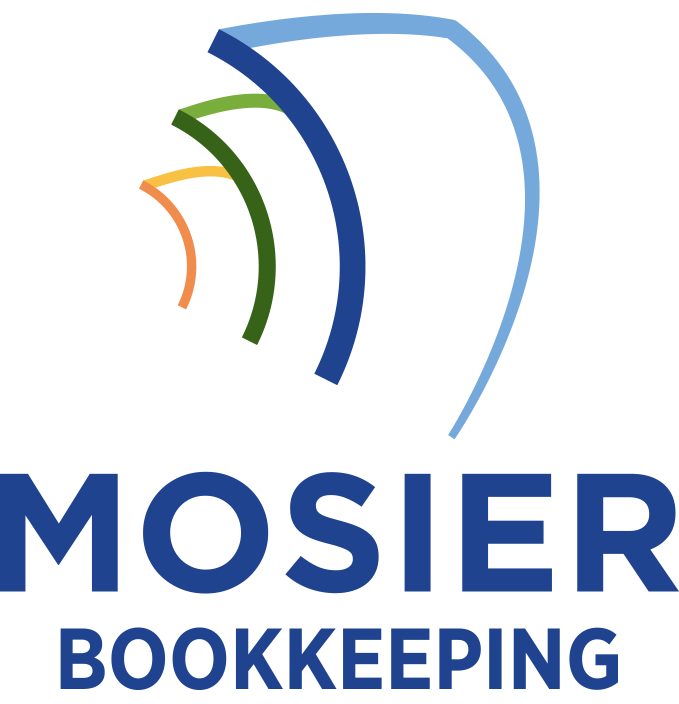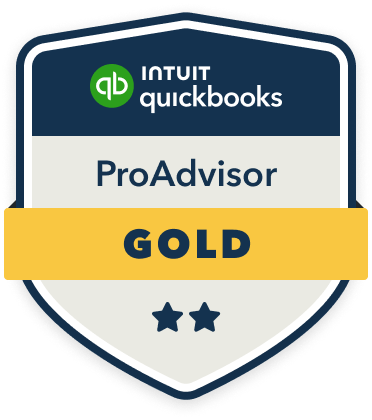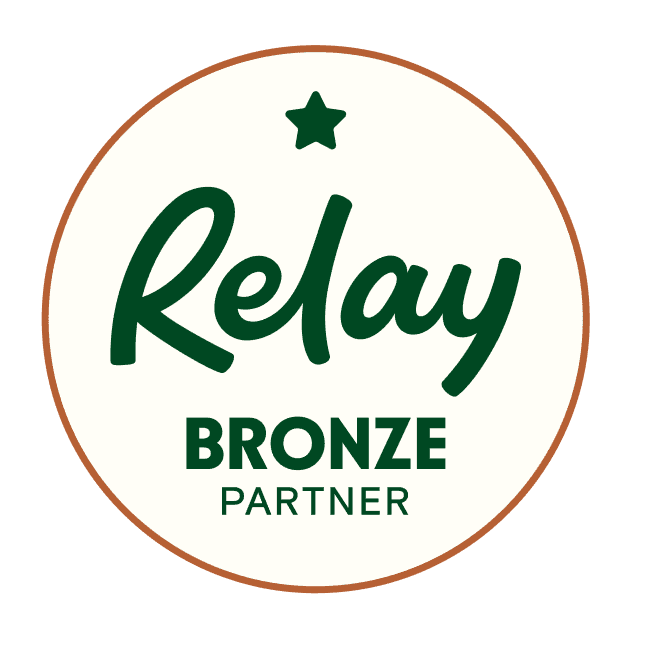I recommend establishing integrated bookkeeping systems that track both financial data and community engagement metrics. You’ll want to document volunteer hours, in-kind contributions, and donor relationships while measuring program outcomes and impact. Use specialized nonprofit software like QuickBooks or Aplos to manage your core financials, then connect it with donor management tools like DonorPerfect or Bloomerang. The right combination of digital solutions will help you build transparent, meaningful community partnerships that stand the test of time.
Establishing Core Financial Tracking Systems for Community Programs
Consistently tracking finances forms the foundation of successful community program management. I recommend implementing three core systems: a detailed chart of accounts categorizing every transaction, a real-time expense tracking system that captures both planned and actual costs, and a dedicated revenue monitoring framework that tracks multiple funding streams.
I’ve found that linking these systems to specific community outcomes strengthens accountability. Set up separate cost centers for each program initiative, establish clear audit trails, and maintain detailed documentation of all financial decisions. This structure empowers you to demonstrate impact, secure additional funding, and build trust with stakeholders.
Documenting Volunteer Hours and In-Kind Contributions
I’ve found that tracking volunteer hours through dedicated software platforms provides essential data for grant reporting and program evaluation. When documenting in-kind contributions, I carefully assign fair market values to donated services and materials according to current local rates and IRS guidelines. To guarantee accountability, I maintain detailed digital records of each volunteer’s activities, including dates, tasks completed, and specialized skills contributed, which helps demonstrate our community’s investment in our programs.
Track Hours With Software
Tracking volunteer hours and in-kind contributions becomes substantially easier with specialized software designed for community organizations. I recommend choosing a platform that aligns with your organization’s scale and needs.
The most effective volunteer management software solutions offer these vital features:
- Real-time hour logging through mobile apps
- Automated validation of volunteer entries
- Custom reporting for grant requirements
- Integration with your existing donor management system
I’ve found that investing in the right software dramatically reduces administrative burden while improving accuracy. It’s imperative to select a solution that your volunteers can easily navigate and that provides the data analytics you’ll need for strategic decision-making.
Value In-Kind Service Properly
Proper valuation of donated time and services forms the backbone of accurate nonprofit accounting. I recommend categorizing in-kind contributions based on professional expertise, skill level, and market rates to guarantee compliance with accounting standards.
| Service Type | Skill Level | Recommended Rate |
|---|---|---|
| Legal | Expert | $300/hour |
| Accounting | Professional | $150/hour |
| Marketing | Skilled | $75/hour |
| Admin Tasks | General | $25/hour |
| Manual Labor | Basic | $15/hour |
I’ll help you document these contributions systematically. When valuing professional services, I always reference current market rates. For specialized skills, I consult industry standards and local wage data. This approach strengthens your financial reporting and demonstrates your organization’s true community impact.
Maintain Volunteer Activity Records
While managing volunteer contributions is vital, maintaining detailed activity records requires a systematic approach that goes beyond basic timekeeping. I’ve found that proper documentation strengthens grant applications and demonstrates your organization’s community impact.
Track these essential elements for each volunteer:
- Hours contributed, including date and specific project
- Skills utilized and training completed
- Impact metrics (people served, projects completed)
- Dollar value of service based on market rates
I recommend using digital tracking systems that integrate with your accounting software. This creates a seamless flow of data between volunteer coordination and financial reporting, making your organization’s value proposition crystal clear to stakeholders.
Measuring and Recording Community Impact Metrics

Organizations that engage with communities need robust systems to measure their social impact and document meaningful change. I recommend tracking key metrics like the number of people served, hours of service delivered, and specific outcomes achieved through your programs. You’ll want to establish baseline measurements, then record progress at regular intervals.
I find it essential to document both quantitative data (statistics, demographics, attendance) and qualitative information (testimonials, case studies, behavioral changes). Keep detailed records of community feedback surveys, partnership outcomes, and success stories. These metrics help demonstrate your value to stakeholders and inform strategic planning decisions.
Managing Donor Relationships and Contribution Records
Strong donor relationships form the backbone of successful community initiatives, requiring meticulous record-keeping and personalized attention. I’ll show you how to leverage your bookkeeping system to maintain these crucial connections while ensuring compliance and growth.
Track these essential elements for each donor:
- Contribution history with dates, amounts, and specific campaign designations
- Tax documentation and acknowledgment letter status
- Communication preferences and engagement touchpoints
- Matching gift eligibility and employer information
Digital Tools and Software Solutions for Community Bookkeeping

Modern bookkeeping demands efficient digital solutions to handle the complex web of donor data and community relationships. I recommend starting with QuickBooks Nonprofit or Aplos for core financial tracking, then integrating donor management systems like DonorPerfect or Bloomerang. These platforms offer robust reporting capabilities and automated receipt generation.
For maximum impact, I’ve found that cloud-based solutions with mobile accessibility are essential. You’ll want software that includes features for event tracking, volunteer hours, and grant management. Remember to choose tools that offer strong security measures and regular backups to protect sensitive community data.
Creating Transparent Financial Reports for Stakeholders
When sharing financial data with community stakeholders, I’ve learned that transparency builds lasting trust and engagement. I create reports that empower stakeholders with clear visibility into our community’s financial health.
For maximum transparency, I guarantee every report includes:
- Executive summary highlighting key performance indicators
- Detailed income and expense breakdowns with visual charts
- Project-specific budget tracking and variance analysis
- Future projections and risk assessments
I distribute these reports quarterly through secure channels and host virtual sessions to address questions. This approach has strengthened our community’s financial literacy and increased active participation in decision-making processes.
